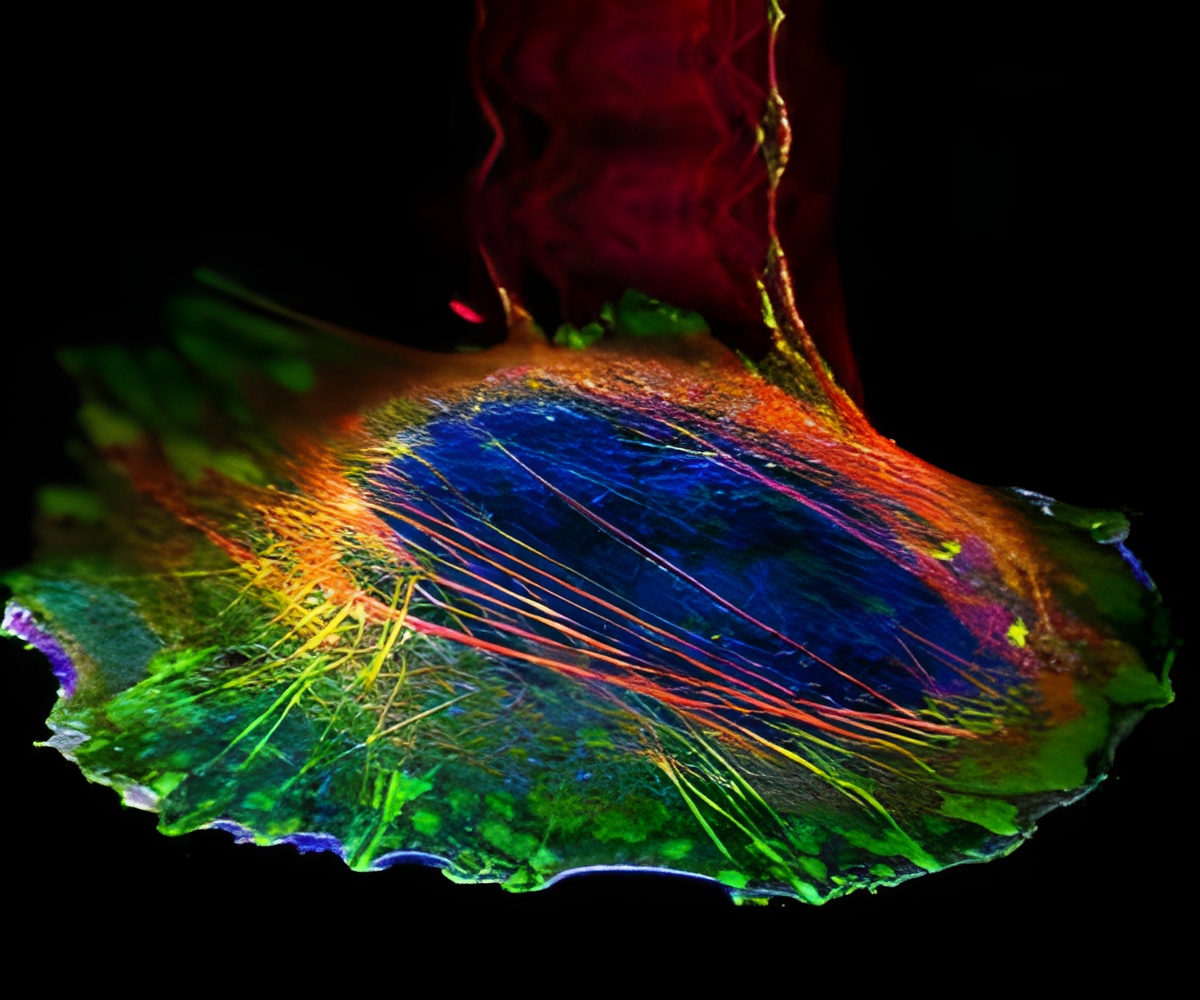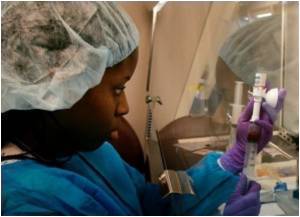A novel cancer cell detection method based on real time cell behavior tracking on engineered surfaces has been demonstrated by a team of researchers.

‘Cancer cells are known to be abnormally flexible than the healthy cells. They show distinctly enhanced cell movements and activity when placed on the newly developed RNA functionalized chips.’





Cell motility is a phenomenon, where cells move by protruding and contracting sections of the membrane. This is a complex process performed through sophisticated balancing act between internal cytoskeleton structure and the cell membrane proteins. Cancer cells are known to be abnormally flexible than the healthy cells, primarily due to their inherent weak structures. The forces between the cytoskeleton and the cell surface proteins are different between cancerous and healthy cells. The surface receptors are also abnormally many more on the surface of cancer cells. The human glioblastoma (hGBM) cells thus showed distinctly enhanced cell movements and activity on the RNA functionalized chips.
Professor Samir Iqbal, of the UT Arlington and Principal Investigator on the paper, said, "The initial results that are shown here hold great potential for applications like cancer screening. A multiple chip based device targeting several proteins can lead to a generic cancer diagnostic platform. The advantage of the technology compared to others is that it is suitable for a quick diagnosis. Once matured, the method has potential to serve as an additional modality to identify tumor cells based on their physical behavior from blood samples or biopsy specimen directly drawn from patients."
Source-Eurekalert














